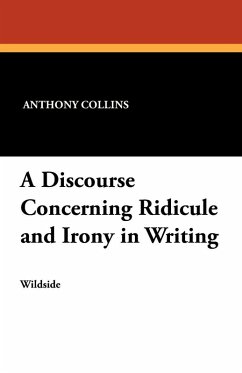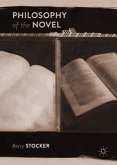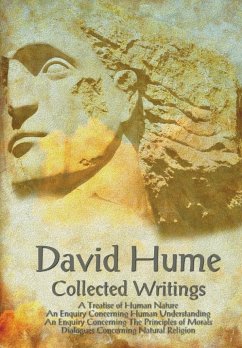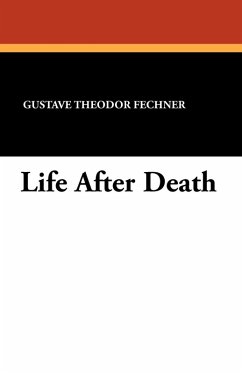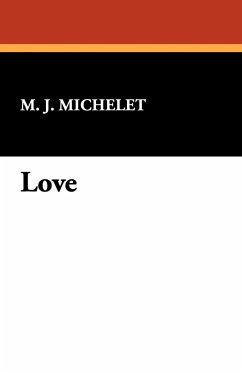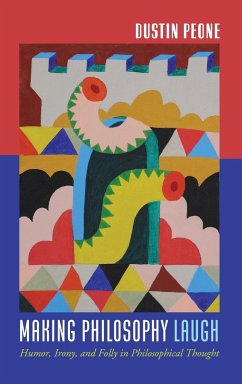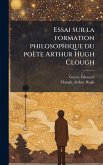This treatise examines the roles of ridicule and irony as tools of persuasion in writing, set against the backdrop of Enlightenment thought. It argues that wit and satire, when carefully applied, can clarify ideas, challenge dogma, and expose faulty reasoning. The discourse places rhetorical strategies in the broader context of philosophical debate and literary criticism of the early eighteenth century. With its blend of analysis and argument, A Discourse Concerning Ridicule and Irony in Writing highlights how humor and irony function not as mere ornament, but as powerful instruments in shaping discourse and influencing opinion.
Bitte wählen Sie Ihr Anliegen aus.
Rechnungen
Retourenschein anfordern
Bestellstatus
Storno

